The importance of Venezuela for Iran
Venezuela President Nicolás Maduro has announced that his country and Iran are starting a new stage in their cooperation after the two countries signed a series of agreements during Iranian Defense Minister Aziz Nasirzadeh’s visit to Caracas.
Maduro stressed that their efforts are to build a "powerful union" against the United States in order to overcome Western sanctions. Nasirzadeh said the cooperation between the two countries is an example of resistance to global hegemony.
The newly signed contracts include technology transfer agreements, especially in the field of artificial intelligence and other advanced technologies.
Both oil producers with massive hydrocarbon reserves, Iran and Venezuela are grappling with US sanctions. Defying US pressures, Iran has sent several cargos of fuel to Venezuela and helped in refinery repairs.
The history of close cooperation between Tehran and Caracas goes well back to before the 1979 Islamic Revolution, when as among the five founding members of OPEC, both countries played a crucial role in the organization's formation and its subsequent successes.
The promotion of their relationship to strategic cooperation is rooted in the two countries' special regard for each other in recent years.
National interests are the highest values pursued by a nation in foreign policy, which according to international relations experts are a function of the four categories of security and defense, economy and welfare, ideology and world order.
The relationship with Venezuela is one of the few foreign relations in the history of contemporary Iran that meets all four categories of national interests in a balanced way.
Latin America, which includes countries such as Venezuela, Cuba and Nicaragua, is generally understood to follow an independent and neutral approach – known as active non-alignment – in geopolitical rivalries.
Changes in international trade and politics have generated new foreign policy options for the region in the international system. These geological shifts have created many economic opportunities for Iran in countries like Venezuela.
Venezuela’s crisis-ridden and underdeveloped economy in the face of sanctions on the one hand, and the state control on the economy on the other, has provided numerous economic opportunities for Iran.
The 2015 nuclear deal between Iran and the West failed to lead to any significant development of trade relations because the private companies which dominate European economies eschewed any Iranian business, fearing US retribution.
US sanctions, however, have not stopped trade relations with Venezuela due to the socialist nature of the country’s economy and the state control.
Venezuela is one of the most highly-urbanized countries in Latin America. It has some of the world's largest proven oil deposits as well as huge quantities of coal, iron ore, bauxite and gold.
Since the time of the late Venezuelan President Hugo Chavez, who started close cooperation between Venezuela and Iran in the years around 2010, the two countries have signed about 300 agreements in various fields.
Economic ties are not limited to the energy sector. They have agreed to work together on low-income housing developments, cement plants, automobile factories in Venezuela, and a joint development bank.
In June 2022, they signed a 20-year cooperation plan overseen by Maduro and late Iranian President Ebrahim Raeisi in Tehran, including cooperation in the fields of oil, petrochemicals, defense, agriculture, tourism, and culture.
An important feature of economic relations with Venezuela is the activation of those aspects of the Iranian economy that are the frontline targets of sanctions including the automotive and shipping industries.
Over the years, Iran has delivered to Venezuela four Aframax-sized oil tankers, with a capacity of 800,000 barrels, ordered from the Iranian company SADRA.
In 2020, Iran launched the Megasis supermarket on the eastern edge of Caracas next to Venezuela’s largest slum, Petare, with a stock of more than 2,500 Iranian products.
Iran is currently finalizing the repair of 146,000-bpd El Palito refinery in the center of Venezuela, and has signed a 460-million-euro contract to revamp the 955,000-bpd Paraguana refinery complex on the country’s western coast.
More importantly, Venezuela's rich oil, gold and other mineral resources have allowed the option of settling trade in non-dollar terms and circumventing sanctions.
For example, Iran is swapping its gas condensate with Venezuelan heavy oil, helping exhaust its stock of the light oil which had steeply grown in the absence of its key customers such as South Korea because of the US sanctions.
Nevertheless, the strategic relationship between Iran and Venezuela is not limited to economic interests. Close ties with the country have opened the door to Iran for political, economic, cultural and other important links with Latin America.
Press TV’s website can also be accessed at the following alternate addresses:
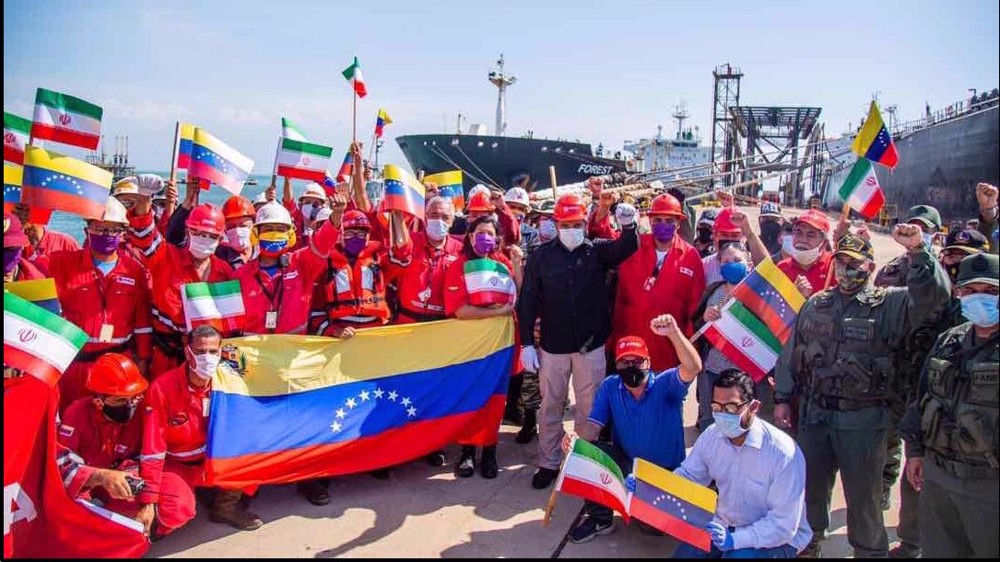
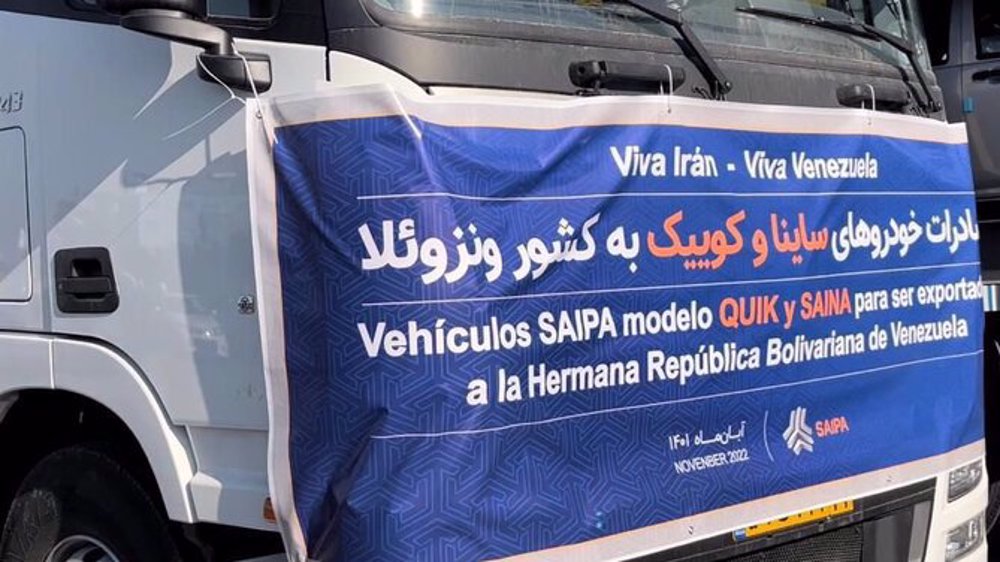
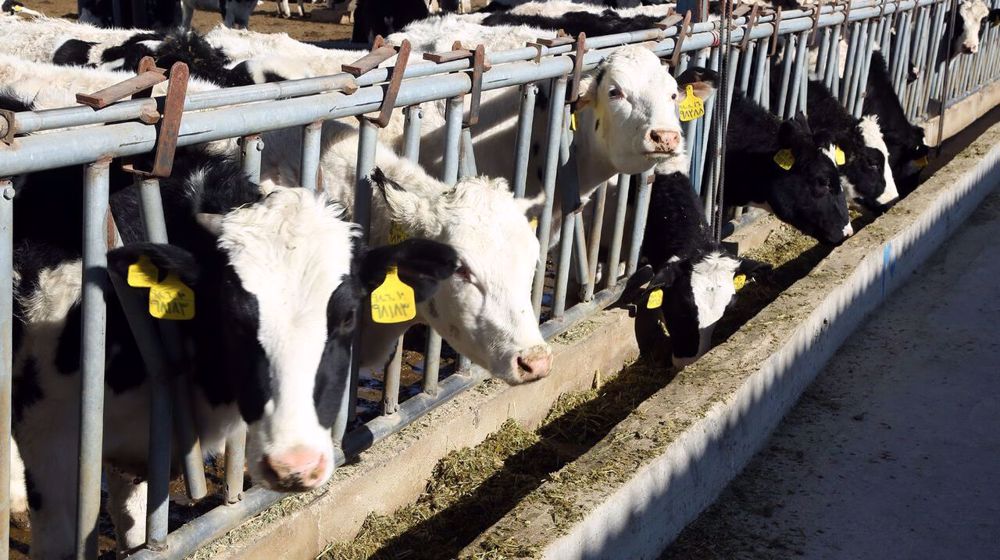
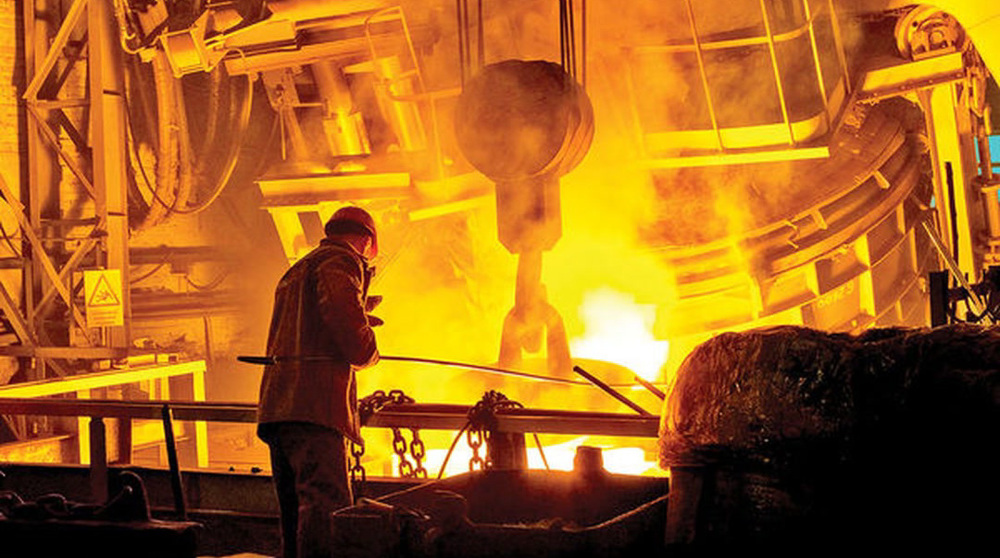
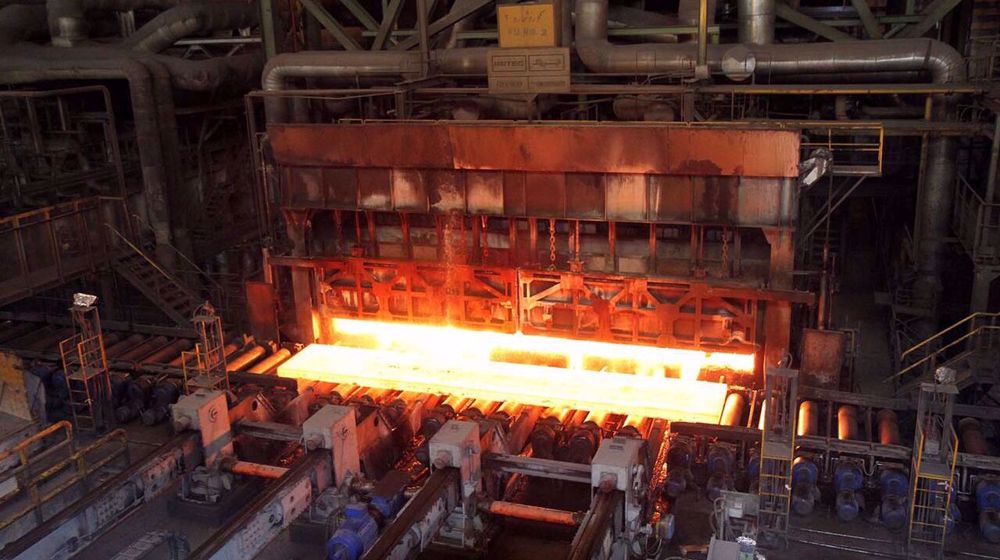



 This makes it easy to access the Press TV website
This makes it easy to access the Press TV website